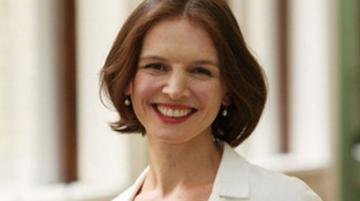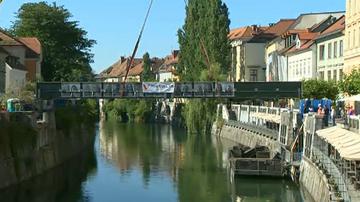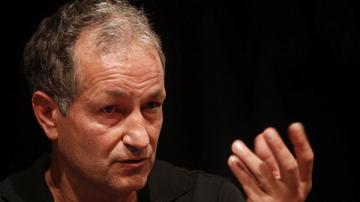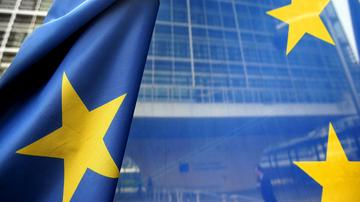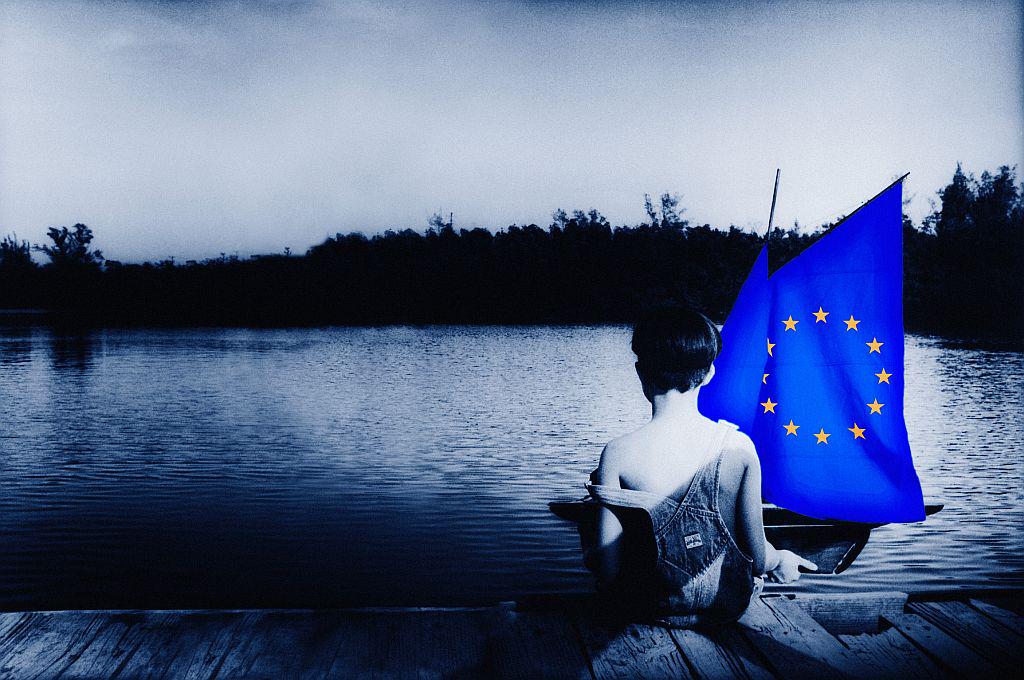

But will this change be recognised by the voters across Europe where the voter turn out has been dropping steadily since 1979? In Slovenia there is no significant difference between the voter turn out in 2004 and 2009 – both around a staggeringly low 28,3%!
So in order to entice voters, the EP has engaged on a Europe-wide voter motivation campaign, highlighting that ‘This time it’s different’. Different in that these are now not “second order elections” in comparison to the national one. With the key difference being that the results of the EP elections will – for the first time – impact who will be the next European Commission President.
While the Lisbon Treaty is rather vague on the matter – it simply says that EP election results will be taken into account – the EP has interpreted the treaty article as a strong political commitment. They say not only that the next Commission President should come from the same political group as the winners of this year’s EP elections but they have in fact nominated their candidates for the top job who will – in order to gain credibility and legitimacy of the EU – run in the elections themselves. They believe if elected, they should automatically become the next Commission President.
However EU leaders don’t like to be told what to do by the EP, specially when it comes to the Commission President – as in the case of the second Barroso nomination, they will – most likely – take into considerations the results of the EP elections but not necessary the candidate imposed by the EP.
But ‘candidates designate’ from all political groups for the EU top job are undeterred by this internal wrangling. Running in the EP elections and winning as a political group, they will have all the necessary democratic legitimacy that is so often a subject of criticism of the European Commission chief.
But EP elections – were they to be real European elections – lack two key components: a) real European political parties and b) clear elections manifestos. Both deficits are being addressed as all political groups are rushing to write political manifestos ahead of the end-of-May elections and many of the ‘candidates designate’ will be pressing flesh across the EU, a familiar scene of the national elections.
Furthermore, the European Broadcasting Union (or Eurovision to all of us) has injected a further spark into the race for the top job by deciding to host a first-ever TV debate between the candidates for the post of the European Commission President. Entitled #TellEurope it will host on 15 and 20 May 2014 first a debate among all ‘candidates designate’ that are recognised by the EP and then a duel between two top contenders for the job.
So who could seriously be the next European Commission President? According to PollWatch, a collaborative effort of the European Parliament, Open Society Foundation and a lobbying firm Burson-Marsteller, the Socialist Group is the most likely winner of the May 22-25 vote. This would mean the end of a four legislature domination of the European People’s Party. But even the author of the report, Professor Simon Hix of the London School of Economic thinks that the EPP/Socialist Group battle was “too close to call this far in the elections”.
The results also show that it will be the centrists parties, EPP group and the Liberals in particular, who might be the big losers of the May elections – and this will have a profound effect on how and which EU legislation will be drafted in the next term.
PollWatch estimates that up to 30% of votes will go for political parties being either Eurosceptic or flatly anti-EU. This could see some of the more ‘integrationist’ legislature having a harder time getting through the EP.
With the EU in desperate need for a drastic reform, a more Eurosceptic European Parliament would make any attempt to reform the block – either by those who want to see a more ‘Federal Europe’ and those who simply would like to ‘repatriate powers back to national capitals’ – a Sisyphean task.
Dragan Barbutovski, @draganbrbr





















































